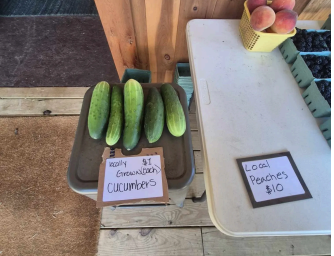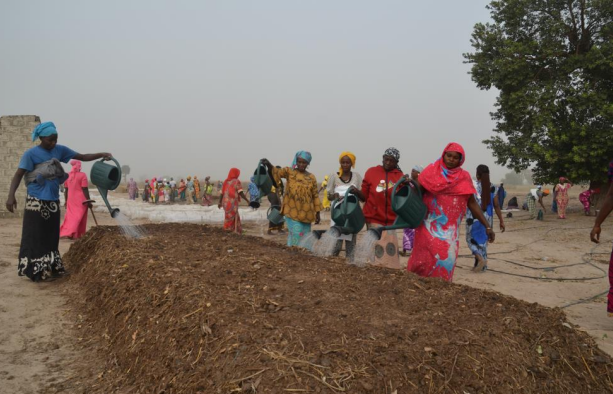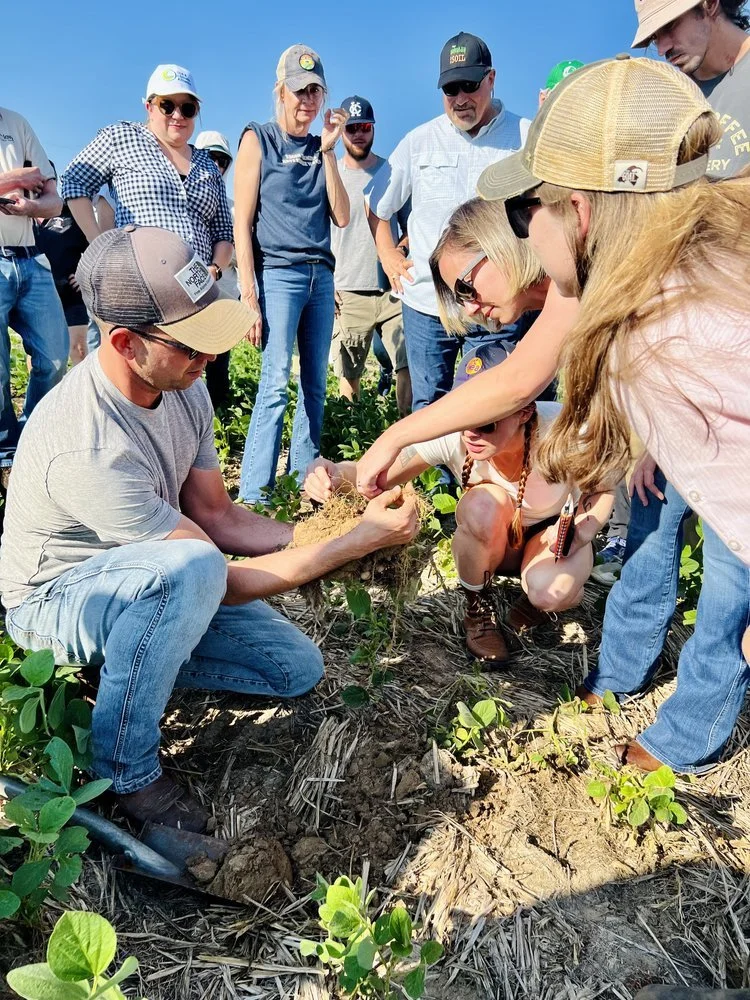
PROGRAMS - regenerative agriculture
Promoting regenerative agriculture
Mitigation alone is no longer enough; we will need to draw carbon out of the atmosphere. One of the best ways to do this is by transforming agriculture. Regenerative farming practices draw carbon back into the soil and out of the atmosphere, with the added benefit of providing better livelihoods for more people than centralized industrial agriculture.
Big Agriculture, which relies on mono crops, tilling, pesticides, and synthetic fertilizers, accounts for approximately 9% of GHG emissions. We must begin subsidizing farming practices that help, rather than hurt, ordinary people and the environment.
Agricultural workers and activists can request resources for their projects below:
Regenerative Agriculture projects
WWOOF-USA’s Future Farmer Program empowers the next generation of regenerative and organic farmers through hands-on experience, mentorship, and professional training.
CREATE has been leading the charge to combat climate change in rural West Africa for over a decade by engaging, mobilizing and supporting trusted leaders in rural villages to come up with solutions that prioritize the strengths of their communities while transforming the livelihoods of local residents.
Earth Rising is proud to support TWP’s work with Utz Ché, a network of over 40 communities and collectives in Guatemala. Utz Ché means “good tree” in the Mayan language, K’iche’, and the organization represents approximately 200,000 people throughout the country, more than 90% of them Indigenous.
The Farmers Land Trust is a growing organization that is shifting farmland away from private ownership and toward long-term community stewardship through a visionary model known as the Farmland Commons. They are working towards a more just system for land management and food production.
The Fundación Amarun Pakcha, based in the Kichwa community of Wawa Sumaco, Ecuador, uses three areas to drive change: conservation, regenerative agriculture, and community tourism. Together, these efforts are building a resilient, sustainable future.
CENCUDER recent work has empowered cocoa farmers through an educational program focused on resilient and adaptive farming techniques such as Inga Alley cropping and permaculture in Eboko Bajoh village.
Earth Rising Foundation is proud to support the important work of the Institute for Mesoamerican Permaculture (IMAP). IMAP is celebrating their 25th anniversary of operations this April.
Integrated Agricultural Association works to promote social, economic, and environmental well-being by empowering youths and women-owned production cooperatives and promoting education on the importance of organic farming and organic food.
We at Earth Rising Foundation are proud to support the crucial work of Farm Sahel. Farm Sahel teaches regenerative agriculture to smallholder subsistence women farmers in Burkina Faso.
We are excited to be partnering with Green America, whose Soil Carbon Initiative (SCI) supports farmers and food companies shifting toward regenerative agriculture practices.










